Electricity is a commodity service directly related to people's lives and production and business, so the State needs to stabilize the price of this commodity, according to National Assembly delegates.
The current Law on Prices stipulates that electricity is in the list of goods and services whose prices are stabilized by the State. However, in explaining and accepting the draft Law on Prices (amended), the National Assembly Standing Committee proposed that the National Assembly remove this item from the list of price stabilization and switch to price determination.
The reason is that the State has set electricity prices (retail and wholesale prices as well as at the generation and transmission stages). The price setting and adjustment are decided by competent State agencies, so they cover the objectives of price stability, impact on people's lives, businesses, as well as the business plans of electricity enterprises.
Giving comments at the discussion session of the Law on Prices (amended) on the afternoon of May 23, delegate Nguyen Quoc Luan ( Yen Bai ) said that electricity should be kept in the price stabilization list (meaning the State must pay to compensate for the price).
Giving the reason, delegate Luan said that these are important goods and services directly related to people's lives, business production of enterprises, and have a great impact on the socio- economy .
According to him, electricity prices only increased, not decreased, but the 3% price increase in early May was still not enough to cover costs, leading to large losses in the electricity industry, causing cash flow imbalance and leading to many serious consequences. "The State needs to have measures to stabilize the price of this item," he raised the issue.
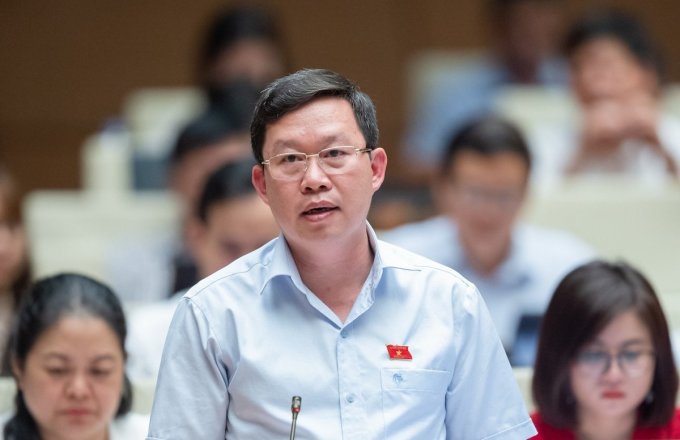
Delegate Nguyen Cong Luan (Yen Bai) spoke at the discussion session on the Law on Prices (amended) on the afternoon of May 23. Photo: Hoang Phong
Agreeing, delegate Pham Van Hoa (Dong Thap) also said that the State needs to stabilize electricity prices, and should not move this item to the list of priced goods and services. "Currently, 100% of people have to use electricity, so why not keep this item in the list of stabilized goods and services, but set a price?", Mr. Hoa stated his opinion.
Delegate Nguyen Thien Nhan (HCMC) again pointed out the problem, the current regulation of electricity prices in Vietnam is an administrative order, and "the State does not spend a single penny". According to him, this has led to the fact that Vietnam Electricity Group (EVN) is incurring losses even though electricity prices have increased by 3% since the beginning of May.
He estimated that over the past three years, the group has lost nearly VND100,000 billion, equivalent to 49% of its equity. Not to mention, EVN currently owes nearly VND20,000 billion in electricity purchases from units that are due but have no money to pay.
In 2024, this loss is expected to increase to VND112,000-144,000 billion, equivalent to 54-70% of EVN's equity if electricity prices are not increased further. In case the price increases by 3%, the loss will be about VND94,000-126,000 billion, equivalent to 46-60% of equity.
"If EVN makes such a loss, it will not be able to become a strong, sustainable corporation as the Government requires in the restructuring roadmap of this corporation," said Mr. Nhan.
Therefore, the Ho Chi Minh City delegate proposed to add the principle of price regulation management to the draft revised Law on Prices, which is that the State must spend public resources and reserve appropriate goods when regulating prices. This is to prevent EVN - the largest corporation and the most important state-owned enterprise in the electricity industry - from going bankrupt in 2024.
Explaining the opinions of the delegates later, Finance Minister Ho Duc Phoc said that the reason for not including electricity prices in the stabilization list was because the State had set the prices.
"This pricing will benefit consumers more, ensuring resources in the context of limited budget. If budget support is needed, the Budget Law must be amended. The Government does not accept this opinion," said Mr. Phoc.
It is expected that the National Assembly will vote to pass the Law on Prices (amended) on June 19.
Source link






![[Photo] Urgently help people soon have a place to live and stabilize their lives](/_next/image?url=https%3A%2F%2Fvphoto.vietnam.vn%2Fthumb%2F1200x675%2Fvietnam%2Fresource%2FIMAGE%2F2025%2F12%2F09%2F1765248230297_c-jpg.webp&w=3840&q=75)










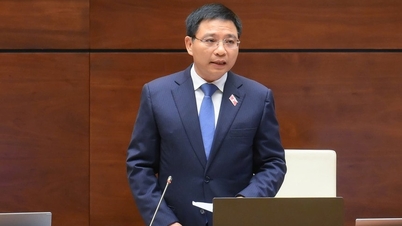



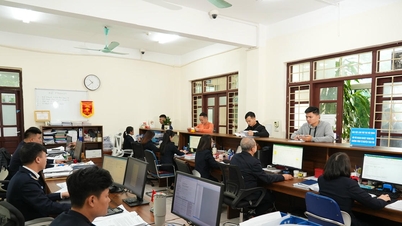

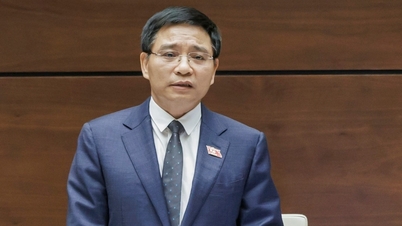


















































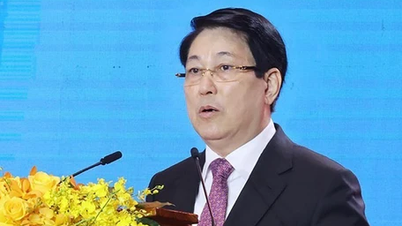





![[Photo] General Secretary To Lam works with the Standing Committees of the 14th Party Congress Subcommittees](https://vphoto.vietnam.vn/thumb/402x226/vietnam/resource/IMAGE/2025/12/09/1765265023554_image.jpeg)
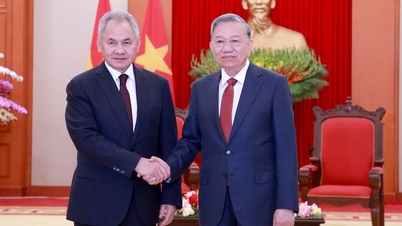







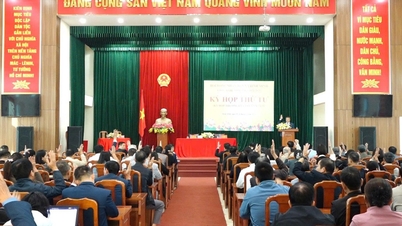


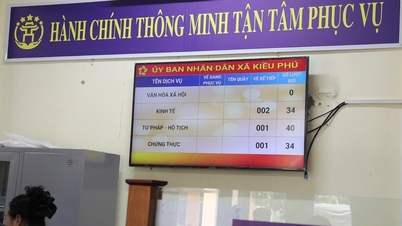



















Comment (0)